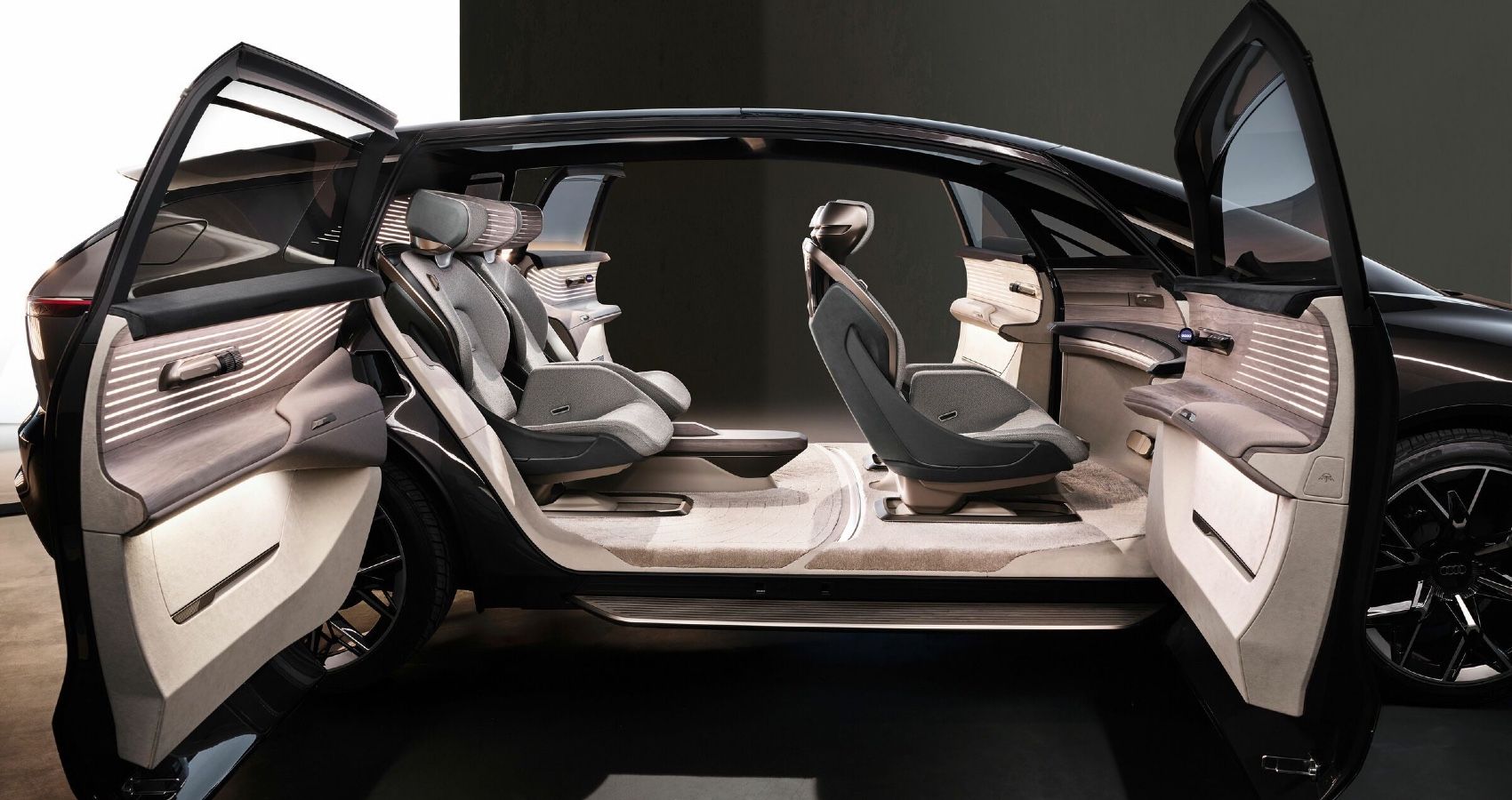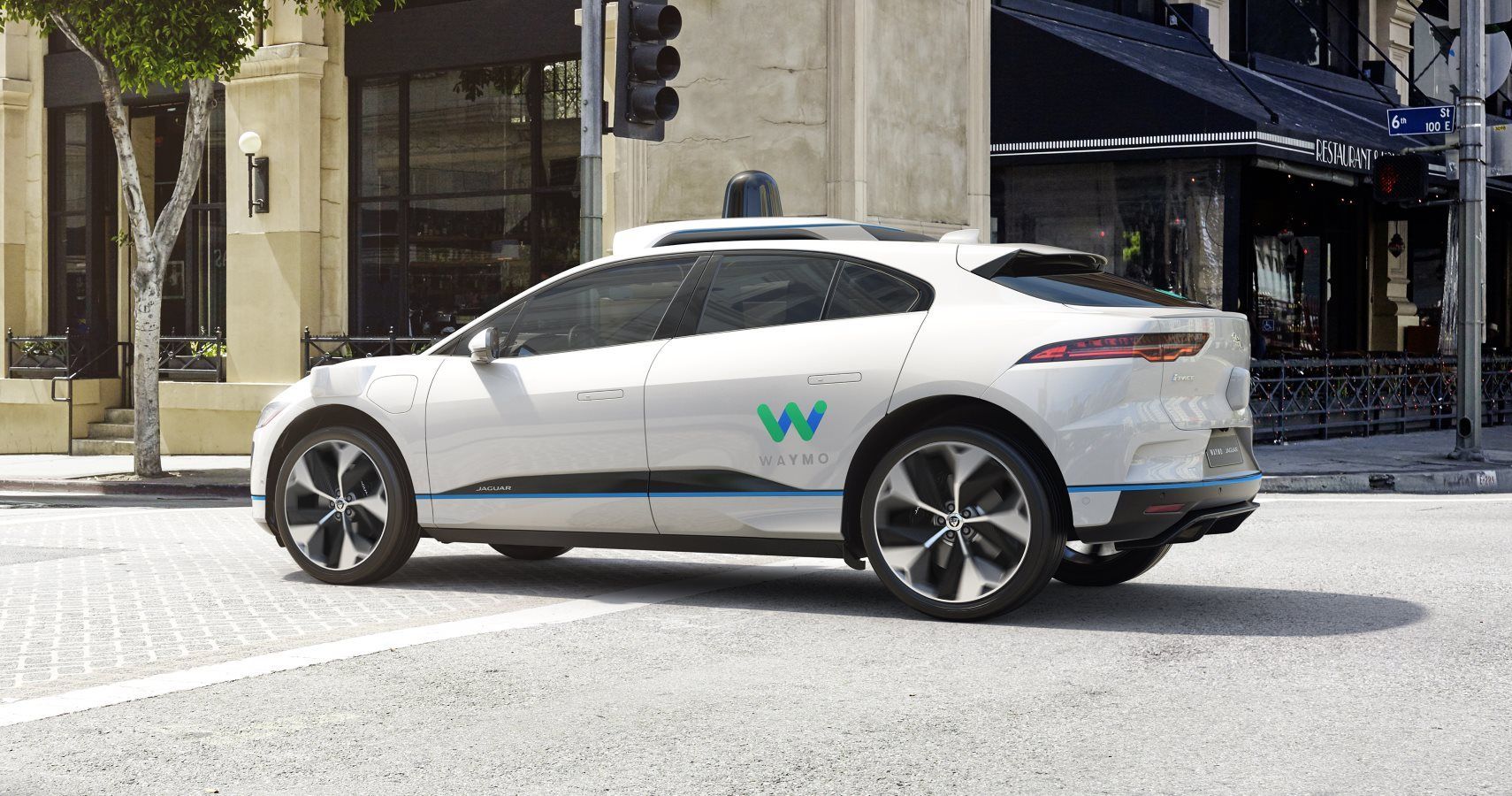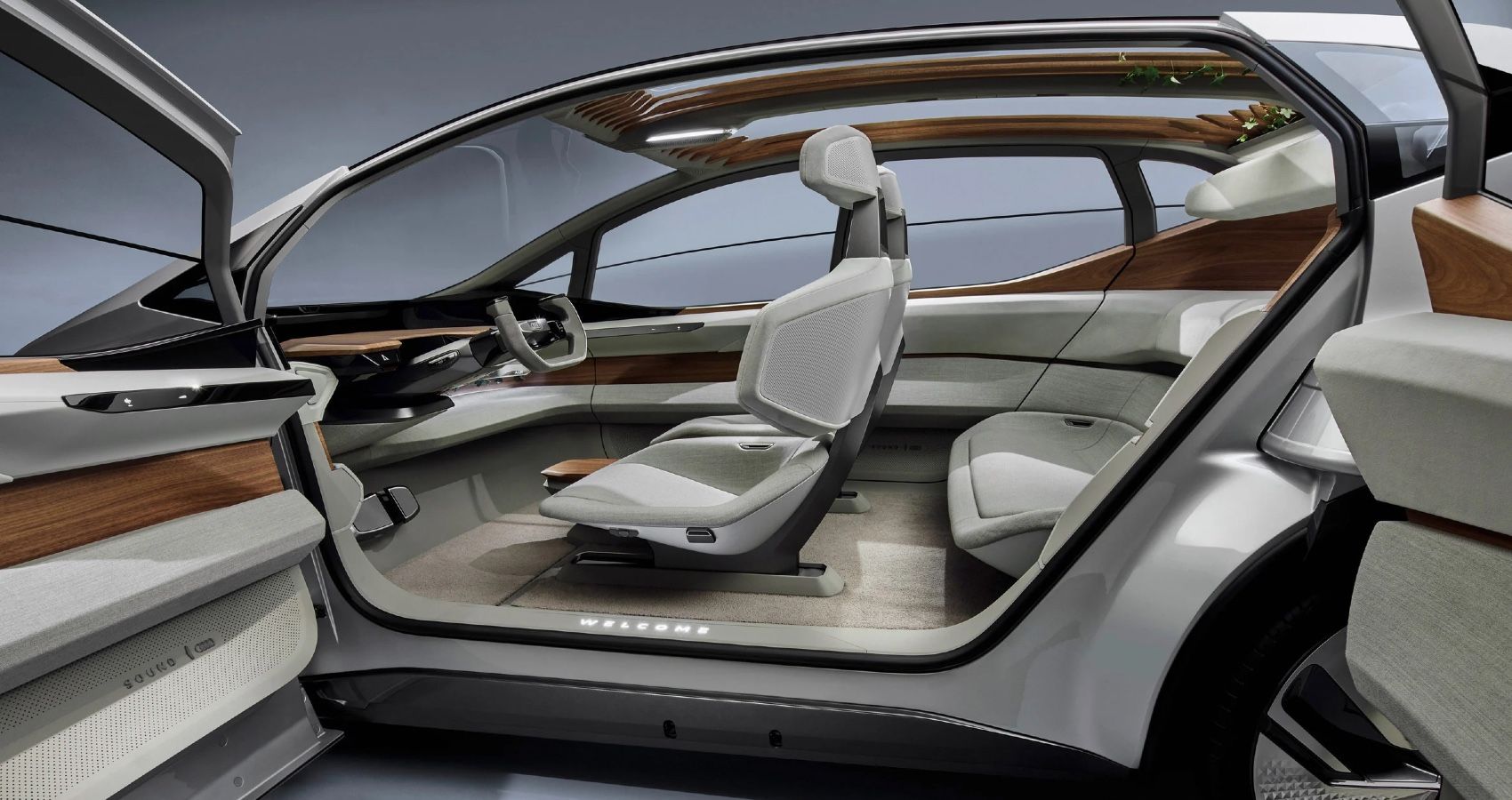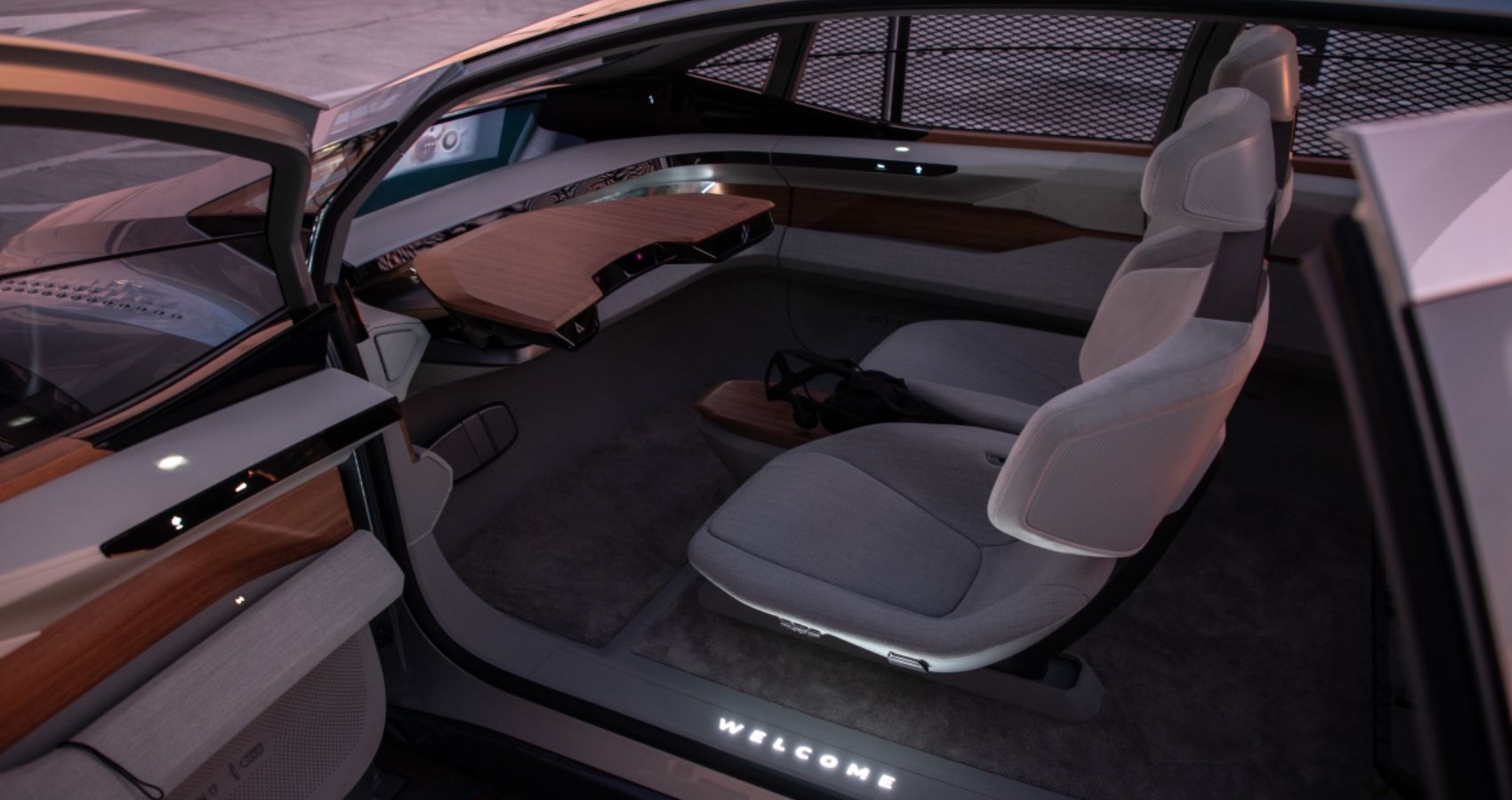With self-driving gaining popularity in cities like San Francisco and Phoenix, people, out of curiosity and fear, have tons of questions regarding the emerging tech. Will this be the future? Is it safe, or should I be afraid? Won’t someone steal or hack the car? Is this even legal? And more.
For one, self-driving cars today are no less different than regular cars, apart from not having a driver, of course. Although that's fairly easy to say, technological developments have made what was once science-fiction close to being a reality.
Several advantages are on offer—cars can communicate with each other, productivity will increase, vehicle density could drop in bustling cities, and commutes can potentially become less stressful. And no, no one’s going to hack the car. At least, that’s what Audi’s recent study of “myths about autonomous driving” tells us. Here’s a closer look.
Popular Concerns Surrounding Autonomous Cars
People are very much concerned about how to trust a driverless system to execute a safe trip. According to the popular self-driving platform Waymo, its computer-driven system has accumulated more experience than any driver on the road.
But there’s a catch; the system needs to map an area before it starts operating. What companies like these try and overcome are difficulties like mapping challenging geographies and factoring in as many uncertainties as possible. Not only that but public infrastructure must be expanded to include intelligent traffic lights and road sensors, making cities more digital.
While we question the abilities of an autonomous system, stats show that the majority of road incidents involving a self-driving vehicle have human error as the number one cause. Moreover, the other vehicle involved is almost always in the wrong. Waymo reports that it was involved in 18 crashes and 29 near-miss collisions during 2019 and 2020. No one was seriously injured in any of these incidents.
Another pressing issue is the question of an eventuality— where the system is put in a position to either hit a pregnant lady or a pedestrian. Much like the “trolley problem,” where the question is — would you divert a runaway trolley onto a side track where a person lies motionless? Or do you save the lives of five people tied up on the original track?
If human drivers are struck with the dilemma between a childbearing woman or a civilian, pretty much all of them would choose not to hit the former. But the exercise still results in a casualty, regardless of who they end up hitting.
The reality is that even we as drivers sometimes make fatal errors that result in irreversible outcomes. However, as Derek Muller from Veritasium points out, these are just extreme hypothetical situations, and accidents that meet these conditions are unlikely, if not rare. With millions of miles on the odometer, most self-driving systems have developed a fair idea of what’s happening on the road. If the concept is widely-adopted, autonomous driving could, arguably, be the safest form of transport.
Expect Some Drastic Changes, Legally and Otherwise
When self-driving becomes common, what you could see are cars prioritizing more on interior comfort and amenities. Per Audi’s recent study, seats will no longer face in the direction of travel, as is the case with cars today. This freedom will offer an array of options for customizable experiences: communication or leisure and work or retreat. Space for passengers will be maximized by temporarily retracting things that are no longer needed – the pedals, gearshift, and steering wheel.
While some might argue that self-driving cars could take the pleasure of driving away, researchers claim nothing could be further from the truth. According to Audi, self-driving cars will not end the fun we have behind the wheel. No manufacturer will prevent its customers from driving their own cars. In the future, vehicle owners will still have the choice of driving the car themselves but can also let the car take full control in less-desirable conditions like stop-and-go traffic.
But what about the legal side of things? Are self-driving cars allowed on the road? Of course, they are allowed, but with conditions. For instance, in Germany, autonomous vehicles (Level 4 and above) can operate regularly, albeit within defined areas (like A-to-B shuttle traffic). In the United States, it is not illegal to own or operate a self-driving car. Many states have passed laws regulating the use of autonomous vehicles to prepare for the transition. But no state has outright banned the technology. Recently, U.S. regulators eliminated the need for manufacturers to equip fully autonomous vehicles with steering wheels and driving controls.
There’s still a long way to go before roads are populated by self-driving cars. But you need to understand that many of its shortcomings are getting ironed out. And with today’s technological progress, there’s no real reason not to trust fully autonomous vehicles.
Sources: Audi, Waymo




